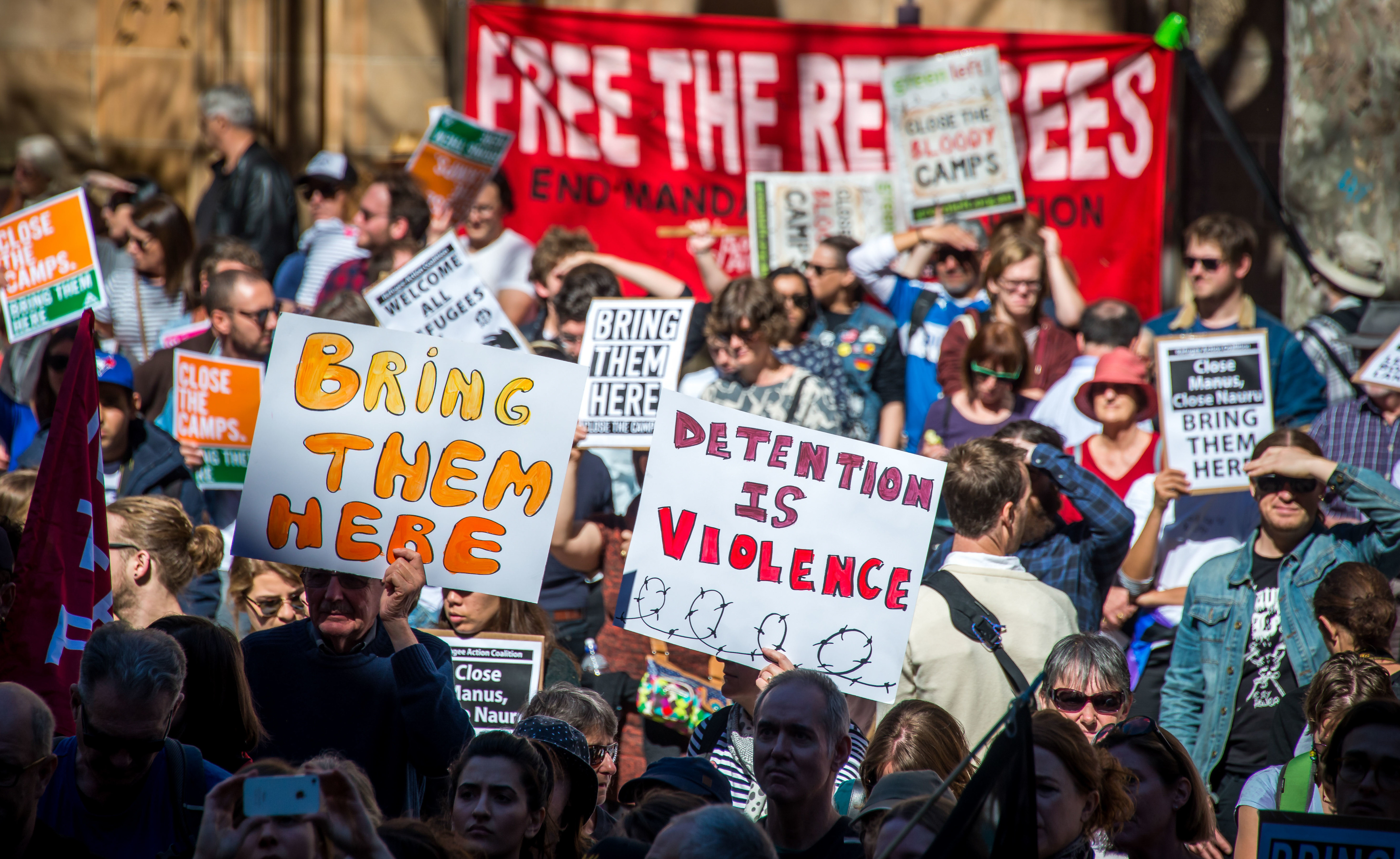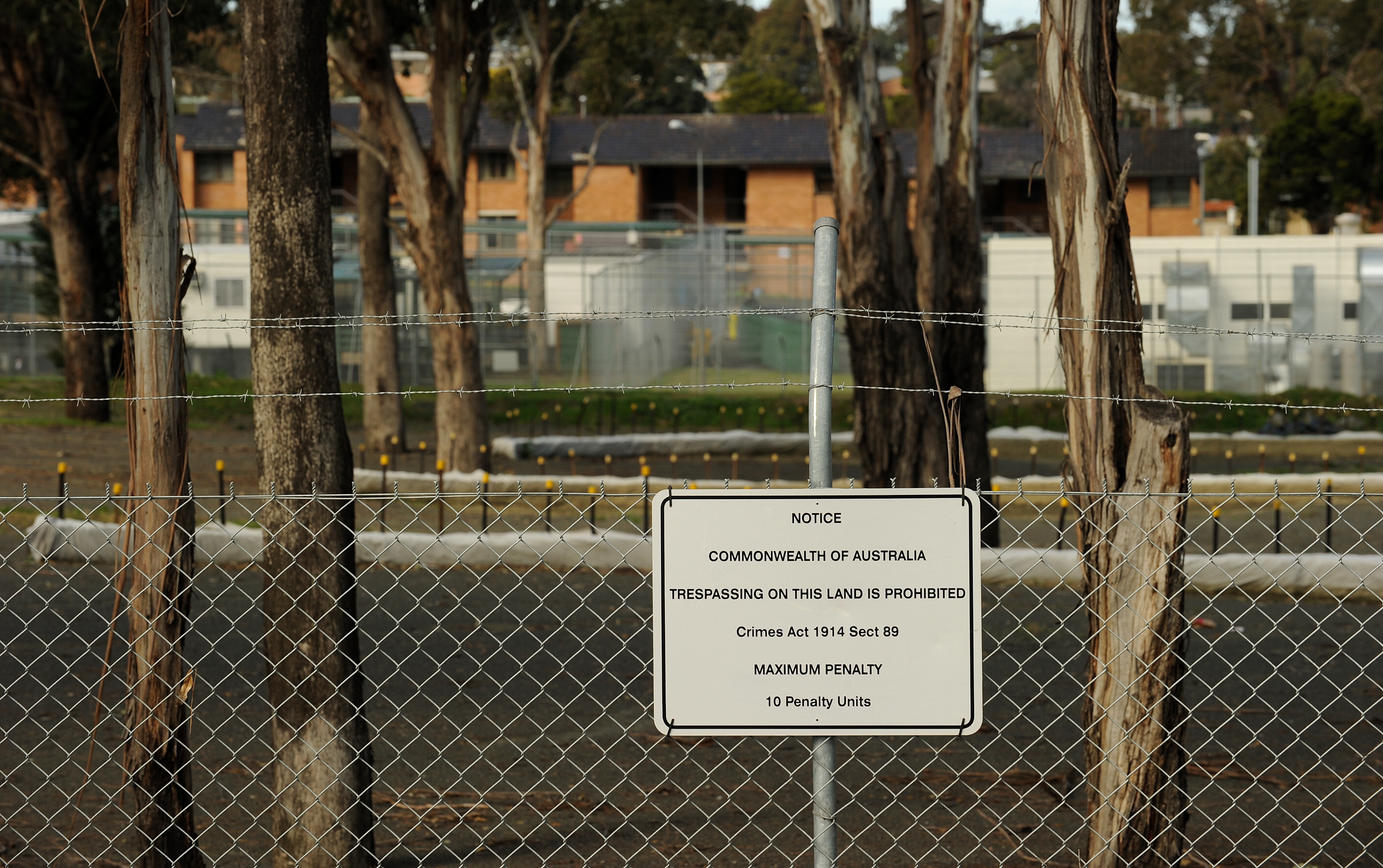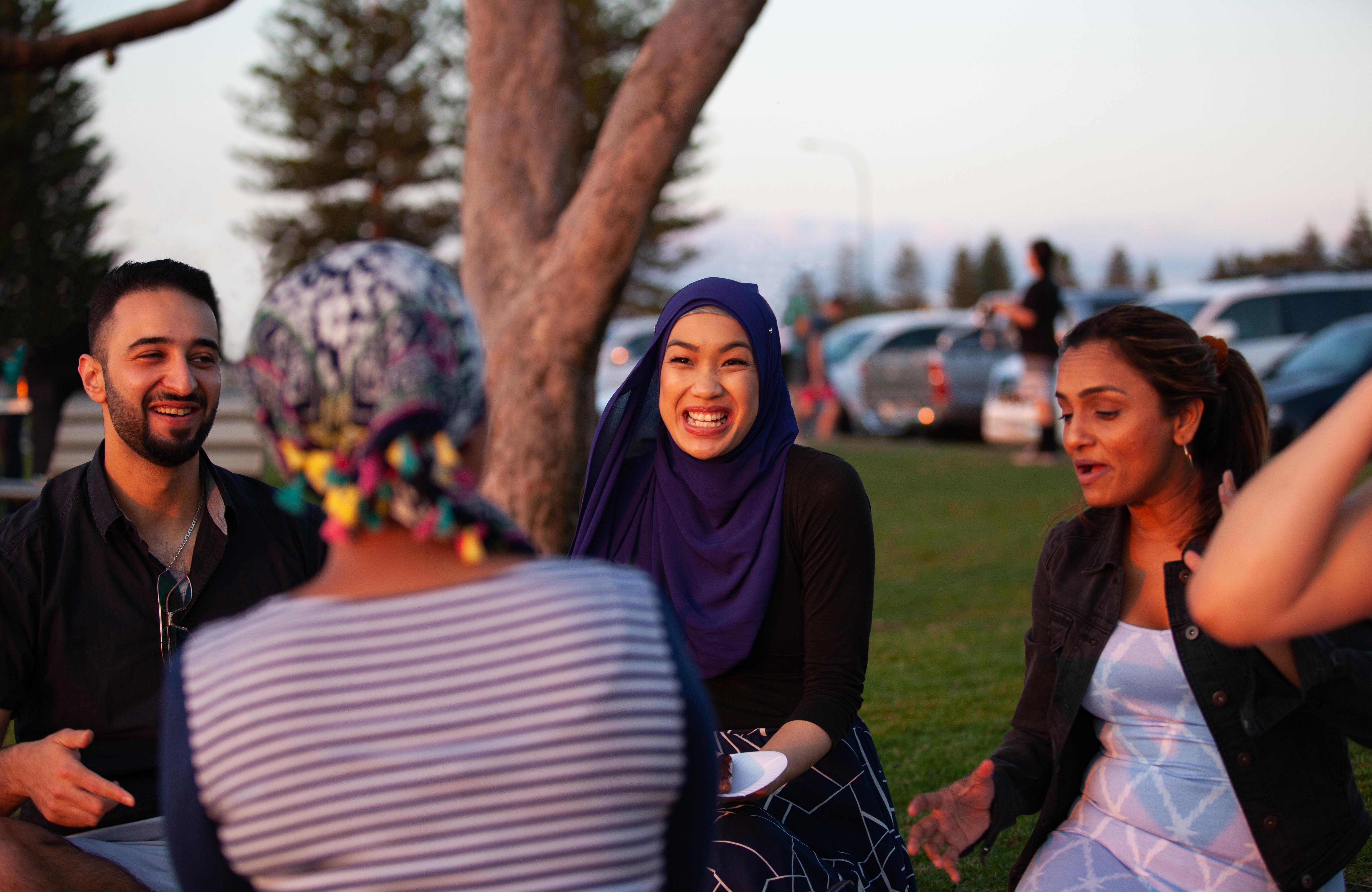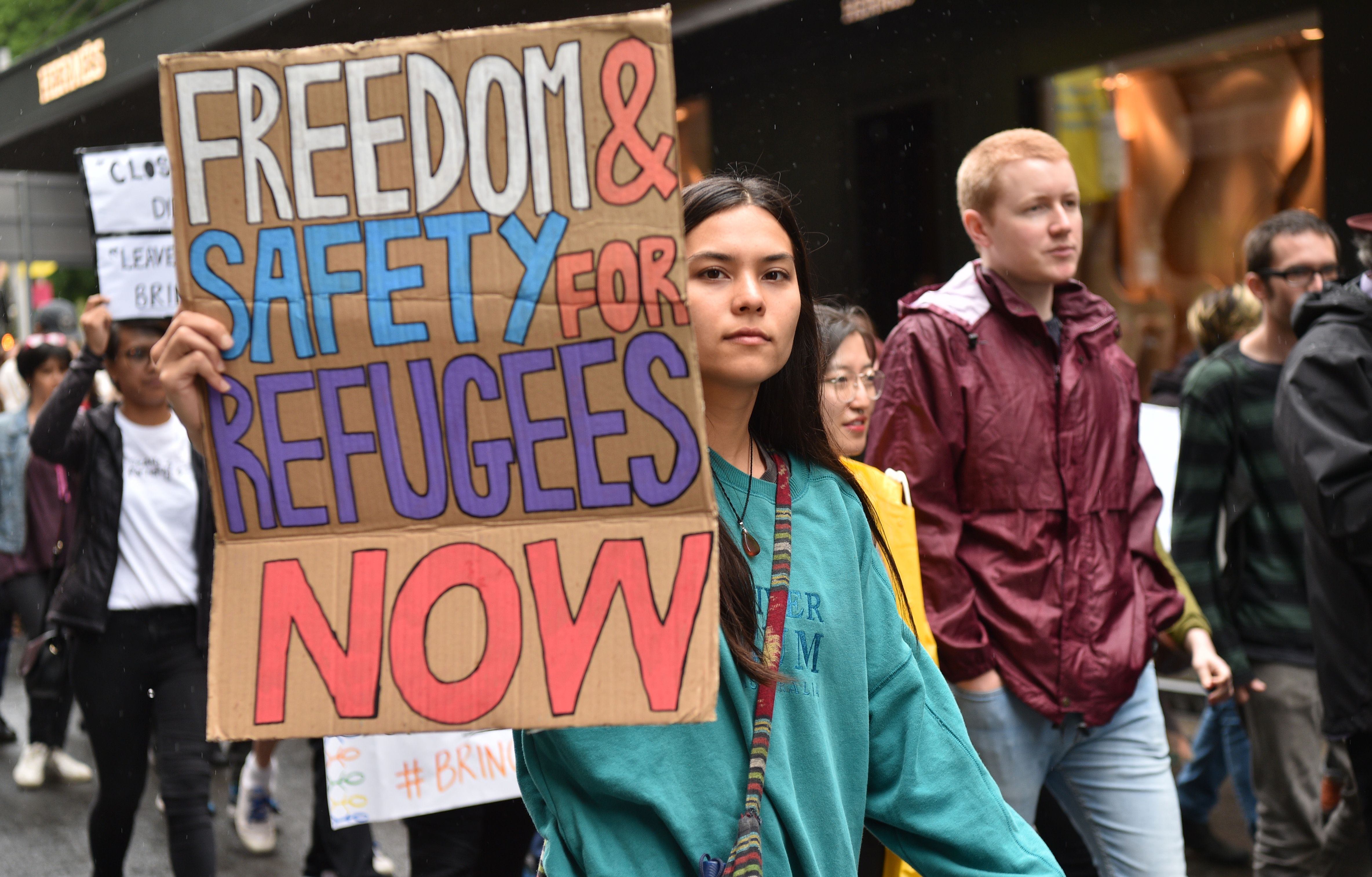
Health & Medicine
COVID-19 can reframe health politics

Australia has a legal and humanitarian obligation to protect people in immigration detention during the COVID-19 crisis, which should trigger a rethink of our policies
Published 17 April 2020
In Spain, Belgium, and the UK, authorities have been rapidly releasing people from immigration detention in order to better protect them – and indeed the broader community - from COVID-19. But not here.
The Australian Government continues to ignore its legal and humanitarian obligations to the 1440 people held in our onshore immigration detention centres, among them refugees, asylum seekers and stateless persons, not to mention those still held in limbo in Nauru and Papua New Guinea.

This is despite medical experts warning of the potential for the infection to rapidly spread through these detention centres, posing a threat to those detained, the staff and ultimately the broader Australian community.
Concerns over the ability of people in immigration detention to adequately practice self-distancing have been well documented. Peak medical bodies in Australia and over 1110 healthcare professionals, along with the Australian Human Rights Commissioner, have called on the Government to release people in immigration detention, warning that failure to take action puts detainees at ‘greater risk of infection (and possibly death)’.

Health & Medicine
COVID-19 can reframe health politics
The risk isn’t hypothetical – a guard working in a Brisbane detention facility recently tested positive for the virus, leading doctors to warn that the site may now become an infection hot-spot. Those detained in this facility were recently evacuated to Australia from Nauru and Manus Island, ironically for medical care.
In addition to reported shortages of basic hygiene items including soap and hand sanitizer inside detention centres, the Refugee Council of Australia has raised concerns that some detainees have compromised immune systems and chronic medical conditions, placing them at higher risk of serious infection.
Research has found that those detained in Australian immigration facilities for more than two years have particularly poor health. The average period of time people currently spend in detention is a staggering 513 days, and 23 percent are detained for more than two years.

The Australian Government doesn’t appear to be heeding its own official advice. The Department of Health’s current Coronavirus alert identifies people in ‘detention facilities’ as some of the most at risk of serious infection.
Under threat from legal action, last month the United Kingdom released hundreds of people from detention. The Australian Government should consider itself on notice for similar court proceedings if it doesn’t act swiftly. Like the UK, it too owes people in detention a legal duty of care to ensure their safety.

Politics & Society
What could our post-COVID ‘new normal’ look like?
More broadly the COVID-19 pandemic offers Australia the opportunity to radically rethink of how we treat refugees and asylum seekers in our care.
There’s no denying that Australia’s policy of mandatory, indefinite detention is controversial, not least because it violates international law. As noted by the United Nations on numerous occasions, Australian detention practices breach fundamental human rights, including the right not to be arbitrarily detained.
UN agencies recently issued a joint statement urging states to release refugees from detention, considering the ‘lethal consequences’ a COVID-19 outbreak would have. The eyes of the world will be on us if we fail to act.
We can’t ignore the fact that Australia has signed binding treaties in which we have undertaken to treat anyone deprived of their liberty with humanity and respect for the inherent dignity of the human person.

We have promised not to discriminate against people just because they are refugees or stateless persons, rather than citizens. We have promised to ensure equal access to healthcare and respect everyone’s right to life. We signed these treaties because they embody the minimum standard owed to all human beings.
But leaving aside the long-term question of the legal, moral and ethical legitimacy of our detention practices, there are compelling public health reasons for making urgent changes to our policy – now.

Sciences & Technology
Our food supply has problems with equity, not quantity
There are already a range of alternative measures to keeping people in immigration detention centres readily available to the Government.
One tried and tested option is community detention, which was introduced 15 years ago and allows a person to live in designated housing with ample room for self-isolation, while ensuring immigration authorities can maintain checks and balances on community safety. Some 846 people were already living in community detention before the pandemic hit.
The Minister for Immigration has the power to move the remaining people in detention centres to the community and ensure they are adequately supported – he should exercise it now as a matter of priority, before it’s too late.
Banner: Getty Images